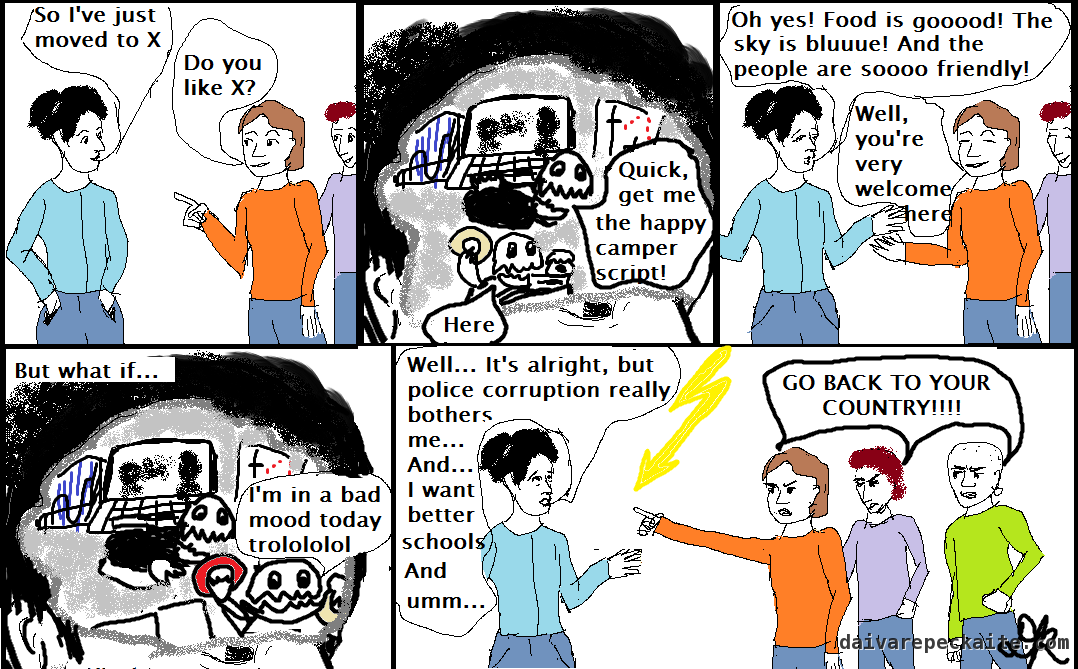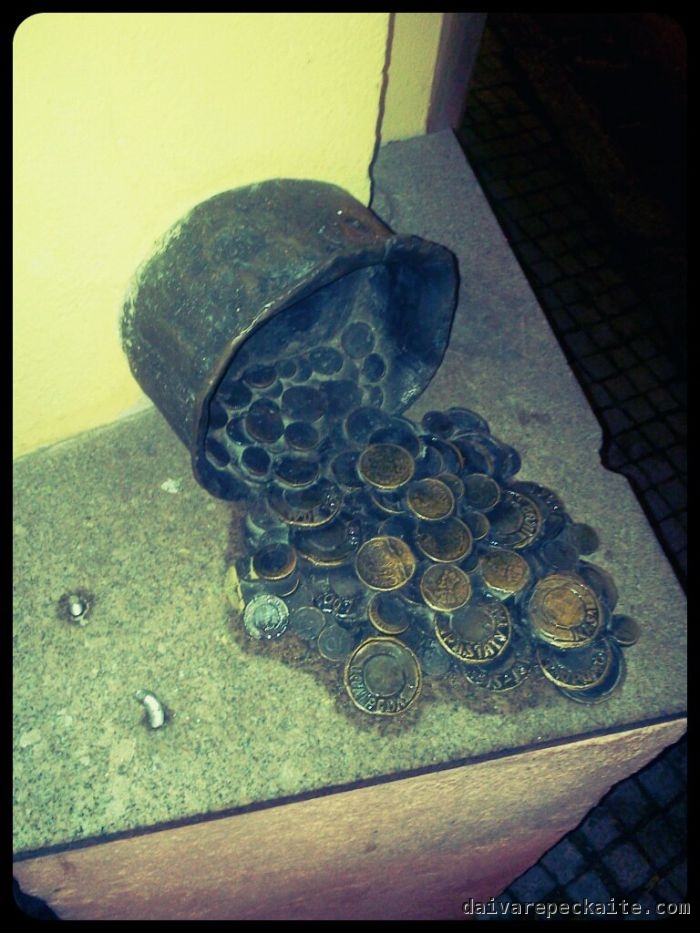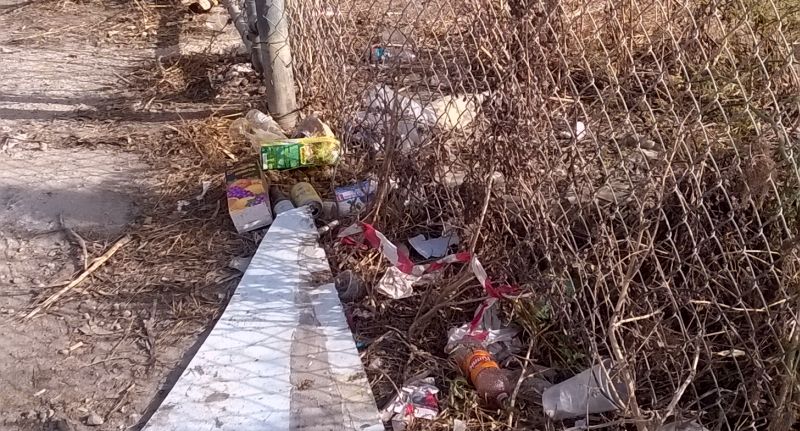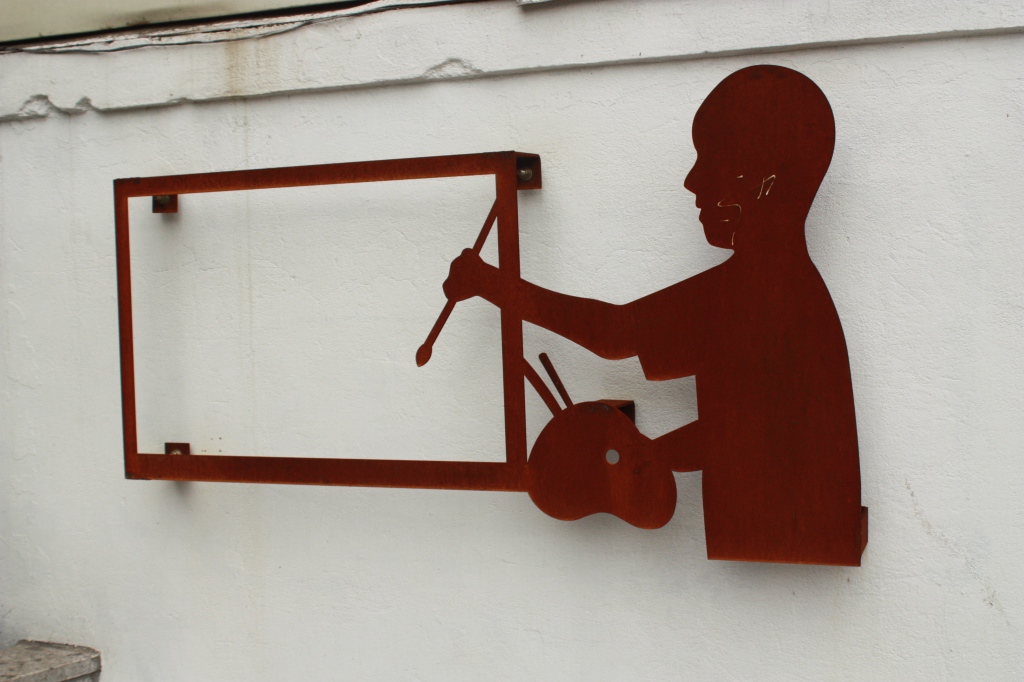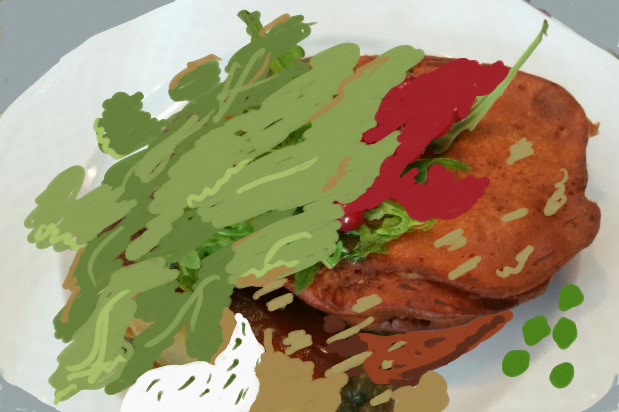Unwish lists and lockdown consumption
Spending more time at home forced many people to look closely at things in their lives. Buying, hoarding, stocking, keeping busy demanded materials. As much as our socialising, learning, and interacting moved online, our leisure and rituals became increasingly physical, and called for things to keep them this way. More cooking and baking called for more equipment. The absence of …
Working for free: a guide
Decisions about working for free are rarely straightforward. In an ideal world, survival would be guaranteed for people, so they could freely choose to volunteer their skills when they find it meaningful rather than desperately hope that this would lead them to paid positions in a distant future. Unfortunately, we are very far from this perfect world, and many of …
When businesses encourage wasteful behaviour
A recent article in the New York Times attempted to calculate individual contributions to climate change derived from driving, flying and other activities. The criticism is very valid, but once again it is focused on individual responsibility and individual behavioural changes, which make life less enjoyable for those already ‘converted’ to environmentalism. It is true that we vote for the …
Libraries, public space and obsession with cafes
A NYT article about libraries and civil society was one of the warmest and most hopeful texts from the other side of the Atlantic in the recent years. It made several key points: libraries are open, inclusive and fun spaces to interact – or to be by oneself. The growing emphasis on libraries can hopefully replace the recent obsession with …
Decluttering, backlash against Marie Kondo, and obsessive ownership
My Facebook feed is full of posts denouncing the suggestion made by decluttering guru Marie Kondo to keep no more than 30 books (example). How dare she, they write, attack the most noble of middle class obsessions – book hoarding? In the age of bite-sized online news, screaming headlines and kids who never let go of their tablets, aren’t books …
Mogul sets off to lecture young people, admits infrastructure flaws
Real estate mogul Frank Salt, whose family-owned business is one of the largest in this sector in Malta, is known for writing somewhat puzzling columns for the Times of Malta, the country’s largest, conservative-leaning newspaper. I won’t help the editors, who eagerly publish all this, in their clickbaiting efforts, but you can find out about Salt’s interpretation of things by …
Why do restaurants shoot themselves in the foot?
Food is increasingly glorified – as a travel, community, bonding and self-development experience. Many people of my generation and social class spend a huge portion of their monthly budgets on eating out rather than saving for purchases. Unsurprisingly, catering is a robust business even in countries that are still grappling with the impact of the economic crisis. Restaurants compete for …
Building Friendships event in Msida
The first day of September was rich in intercultural events: Appogg (the governmental youth agency) and UNHCR Malta brought several communities together to share food and traditional music in Msida, targeting mostly families in their Building Friendships event, and Spark15, a young migrants’ NGO, publicized a contemporary music and games event in Valletta. It was a tough choice, but Msida …
The dangers of NOT being a happy camper while living abroad
One day I was browsing the Expats Malta Facebook group, when a discussion about pros and cons of living in Malta caught my eye. The group is too active for me to find it again, but basically (<- that′s a strongly beloved word among the locals) it was a flood of reactions to a British person criticizing healthcare, streets, and …


